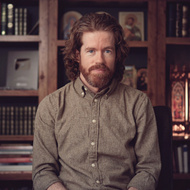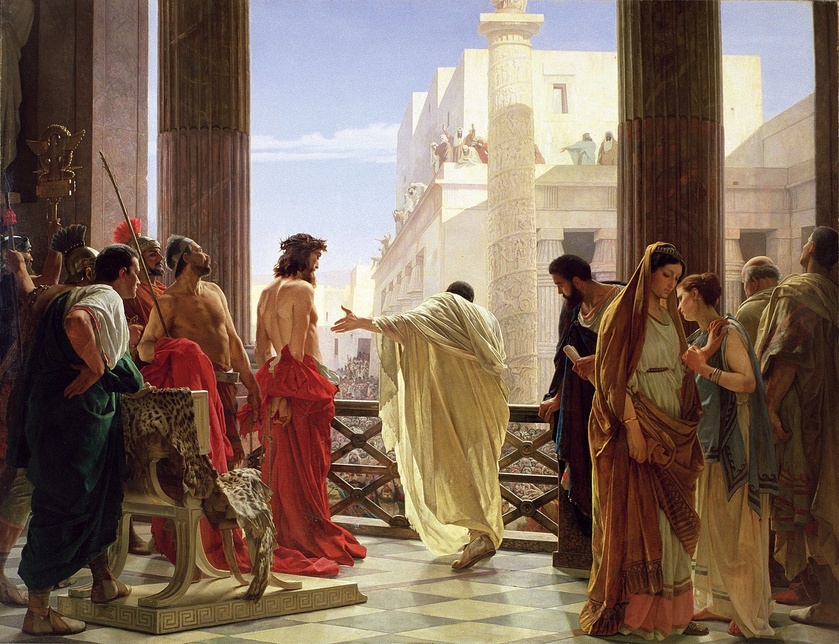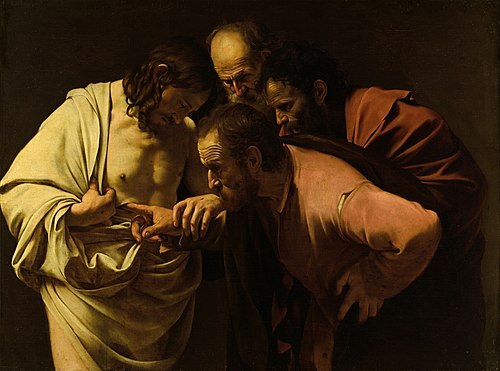Pope Benedict XVI, when he was still Cardinal Ratzinger, famously described the moral condition of modern society as a “dictatorship of relativism.” I have often returned to this phrase, especially the word dictatorship. The logical problems of relativism are fairly obvious, but why did he associate it with something so coercive?
Relativism, in this sense, is an individualistic and subjective approach to morality, well summarized by George Bernard Shaw’s remark that “the only Golden Rule is that there are no golden rules.” In modern Western thought, morality is often understood as a social convention rather than an objective reality. Right and wrong are said to emerge from consensus and change over time.
The usual evidence offered for this claim is disagreement: since people do not agree about morality, there must be no true morality. But disagreement does not eliminate truth. The existence of multiple answers to a question does not mean there is no correct answer. We do not determine mathematical truth by counting incorrect responses on Facebook, nor should we determine moral truth that way.
Yet acknowledging objective moral truth requires intellectual honesty and moral fortitude. It is far easier to deny moral obligation altogether and console ourselves with the idea that morality is merely constructed, allowing us to do as we please without guilt.
Once society accepts morality as mere convention, it immediately invites reformers who ask, “If it’s just a convention, why not improve it?” This is how Western culture has undergone dramatic moral shifts, particularly regarding sexual ethics and marriage. Traditional moral norms are dismissed as arbitrary, outdated, or oppressive, and new moral frameworks are proposed as more enlightened alternatives.
These new values are then promoted aggressively through media and politics. Characters who would once have been considered immoral are now portrayed as virtuous and heroic. Public figures who fail to conform are swiftly condemned or “cancelled,” often before they even realize the moral rules have changed.
Here lies the central contradiction: reformers claim morality is chosen, yet insist their chosen morality is better. But “better” is itself a moral judgment. If morality is purely conventional, there is no meaningful standard by which one convention can be superior to another. The appeal to improvement quietly smuggles in an objective moral standard while pretending none exists.
Traditional moral systems openly acknowledged such a standard and sought to conform human behavior to it. Modern moral systems deny its existence while enforcing their own standards with remarkable intolerance. This is why dissent today is often met not with argument, but with moral outrage and social punishment.
This brings us back to Benedict’s word dictatorship. When a society recognizes objective moral law, it possesses a rule of law that applies equally to rulers and subjects alike. But when morality is treated as malleable convention, those with power can simply reshape it to justify their behavior. The rest are left to conform.
Relativism promises freedom, but in practice it hands moral authority to the powerful. In the absence of a shared objective standard, moral disagreement is settled not by reason, but by force. And so moral relativism, however liberating it may sound, inevitably ends in tyranny.
















